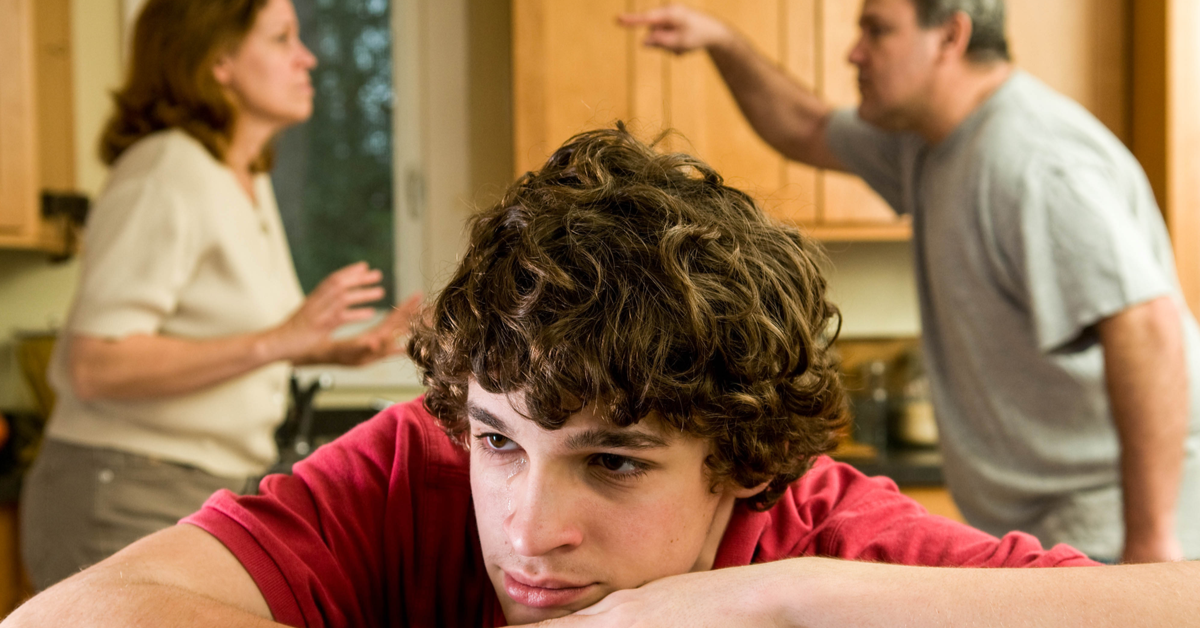As your child transitions into their teenage years, you might notice that they seem a little more anxious about things. During puberty, kids start to feel more self-conscious and worried about what other people think of them.
It’s common for teens to become slightly more anxious or uncomfortable in social situations during their teenage years. However, many teens battle with excessive anxiety that can make their lives difficult.
If you think that your troubled teen is struggling with an anxiety disorder, it is imperative that you get professional help. Professional therapists utilize various techniques to help their patients overcome anxiety and learn to live happy, healthy lives.
If you are looking for guidance to help your teen overcome their anxiety, Help Your Teen Now can point you in the right direction.
Types of Teen Anxiety Disorders
Most adult anxiety disorders start during the teenage or childhood years. Though people can develop anxiety disorders as adults without ever having them as kids, it’s uncommon.
We all have anxiety of some kind as kids, but it isn’t always detrimental to our lives. People who suffer from anxiety disorders have an extreme level of anxiety that interferes with their day-to-day lives.
Generalized Anxiety Disorder (GAD)
GAD is precisely what it sounds like: a lot of general anxiety.
Children and teens with GAD seem to worry about everything. They might appear to be on-edge a lot, overly emotional, or have trouble concentrating.
Rather than having one certain thing that worries them, they seem to be worried about everything.
Phobias
People who have a phobia have an irrational fear of a particular thing.
They likely know that the fear is irrational, but it doesn’t make them any less scared. Some common phobias include fear of spiders, snakes, heights, and needles. Some phobias interfere with day-to-day life more than others.
For example, someone with arachnophobia (fear of spiders) might be OK most of the time since they don’t encounter spiders very often. However, someone with Agoraphobia (fear of open places) might be reluctant to go out in public or even leave their house.
Social Anxiety
Troubled teens who have social anxiety have a really tough time in social situations.
Social anxiety can make school and extracurricular activities almost unbearable. As they move into adulthood, life can become even more complicated when they are uncomfortable going on dates or going on job interviews.
Obsessive-Compulsive Disorder (OCD)
People who have OCD have anxiety around a particular object or activity and tend to obsess over it. That obsession then leads to a compulsion to control the anxiety, usually by an irrational means.
Because the compulsion is irrational, it can become detrimental. For example, someone who has an extreme fear of germs might obsess over it and feel compelled to scrub their hands excessively, even if the scrubbing hurts their hands.
Panic Attacks
Panic attacks are a physical reaction to anxiety that can result in a rapid heart rate, breathing problems, dizziness, chills, and numerous other physical symptoms.
The symptoms of a panic attack often resemble the symptoms of a heart attack or other heart complication. Panic attacks can be especially scary, both for the troubled teen experiencing them and their parents, since the trigger for the attacks is often unknown.
What to do if your teenager is suffering from anxiety
If your teenager is suffering from anxiety, there are a few things you can do to help.
- Talk to them about it. Make sure that you listen nonjudgmentally to understand how they’re feeling. Remember, the feelings of extreme fear produced by an anxiety disorder are irrational, and your teen probably knows that it’s irrational. Make sure that you aren’t talking down to them for feeling the way they do.
- Encourage positive routines. Help your troubled teen eliminate unhealthy patterns and build positive routines. Sleeping well, eating well, and exercising can all help reinforce positive mental health.
- Get help. Teens struggling with anxiety disorders often need more than just a healthy lifestyle. Though a healthy lifestyle will support their mental health, more significant intervention is necessary.
If you have already tried therapy for your troubled teen, but it isn’t working the way you hoped, you may need to change strategies. While outpatient therapy is great for some kids, others need a more holistic approach.
Contact us today for more information and resources that will help you find the information you need.











0 Comments